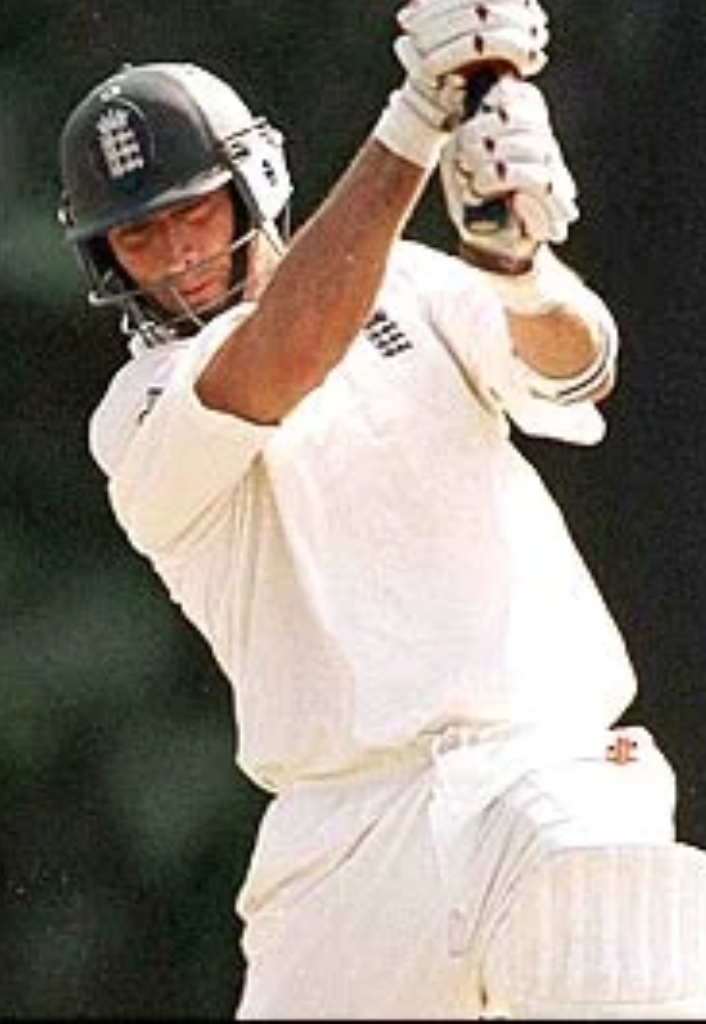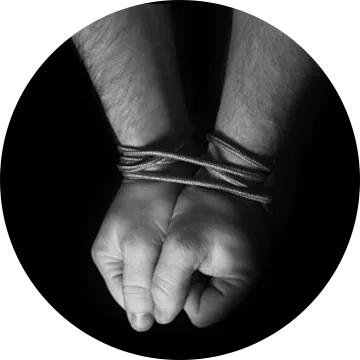Nasser Hussain OBE


Since winning the EMMA Award (Sport Personality)
Nasser Hussain is an English cricketer (ex-England Captain) who received the Order of the British Empire (OBE) in 2003 after receiving his EMMAs in 2002. He announced his retirement as Test captain after England’s Test series against South Africa, being replaced by Michael Vaughan.
Nasser continued as a batsman in the Test team until May 2004. In his final Test against New Zealand at Lord’s, he scored 34 and 103 not out, hitting the winning runs.
In 2004, he released his autobiography, Playing with Fire, which won the Best Autobiography category of the 2005 British Sports Book Awards. He became a cricket pundit for Sky Television and is one of Sky Cricket’s leading commentators alongside Michael Atherton, Ian Ward, and Stuart Broad.
Nasser has gone on to represent Sky Sports on their broadcasting and commentary teams during England tests and ODIs worldwide, as well as domestic cricket matches, sharing his expert views throughout.
Nasser also contributes to a column in the Daily Mail and is recognised as one of England’s most recognisable and popular cricket players. His batting skills and leadership abilities have had a major impact on English cricket over the years.
Nasser played himself in the 2011 Bollywood film Patiala House, in which Akshay Kumar played the leading role.
Background (Before 2002)
Nasser Hussain was born in Madras, India, into a Muslim family. His father was an Indian Muslim, a keen cricketer, and a field hockey player; his mother is English, hence his mixed race-heritage.
Nasser’s father moved his family to England in 1975 and Nasser pursued his passion there, becoming the youngest player to represent Essex U-15 at 12. He grew up the ranks quickly with his batting and leg-spinning abilities but lost his spinning abilities ‘as he grew taller’.
Nasser made his Test debut in 1990 against the West Indies, which England lost 1-2. He then returned in the 3rd Ashes Test in 1993 and scored 71 and 47 not out, only to be dropped again at the end of the series.
Nasser sealed his spot in 1996, when he returned to the squad to face India and responded with a score of 128 in the first innings. He hit another century in the last Test to become the Man of the Series and took over the number three spot for years to come.
Nasser took over as skipper in 1999 under challenging circumstances. England’s start was poor, when it lost to New Zealand at home, but he and the team bounced back soon after. Nasser went on to win four Test series in a row and rose to third position in the ICC Test rankings when they were launched.
Even when his batting let him down, his innovative captaincy skills and ability to extract the best from his players kept him in firm control of the team.
Nasser’s One Day International career followed a similar pattern to his Test career. He made his debut as early as 1989 but became a regular only as late as 1996-97.
He made 16 fifties and a lone century against India at Lord’s Cricket Ground in 2002.


































